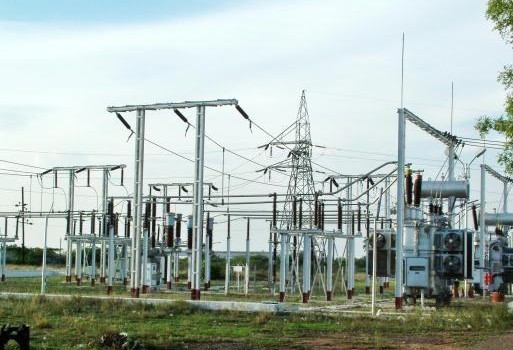Gas and hydro-powered Generation Companies (GenCos) have called on the Transmission Company of Nigeria (TCN) to improve transmission networks to save their generating machines from recurring frequency oscillations.
The umbrella body, Association of the Generation Companies (APGC), told reporters that the “Frequency oscillations from the weak transmission networks, have adverse effects on their generator units and station auxiliaries in both the plants.”
The Executive Secretary of APGC, Dr. Joy Ogaji, said one of the effects was the increase in both the machines’ fixed maintenance cost and variable maintenance costs.
This has effects on about 24 operational GenCos which are designed to operate optimally and efficiently at base loads, however when operating on less than this caused reduction in efficiency and a hike in gas consumption by 15 to 20 percent which is not captured in the tariff – Multi Year Tariff Order (MYTO).
She said when the system collapses occur, the number of Start and Stops of those machines increase the machines and turbines’ Equivalent Operating Hours (EOH), and these trigger off more maintenance costs. APGC said the generating firms have been operating under This high frequencies which it described as ‘System Stress Zone’ in the grid code ranging from 48.75 Hertz (Hz) to 51.25Hz which are also against the normal 49.75 – 50.25 Hz band. “These high frequencies are damaging our generators and it also induces high temperature and overheating in the rotor,” Ogaji lamented.
The GenCos, therefore, demand the immediate installation of regulatory spinning reserve on the network as stated by the Grid Code formed by the Nigerian Electricity Regulatory Commission (NERC), and implementation of the reviewed payment for spinning reserve procurement.
They also urged NERC to immediately intervene by ensuring strict adherence to the Grid Code by TCN.























